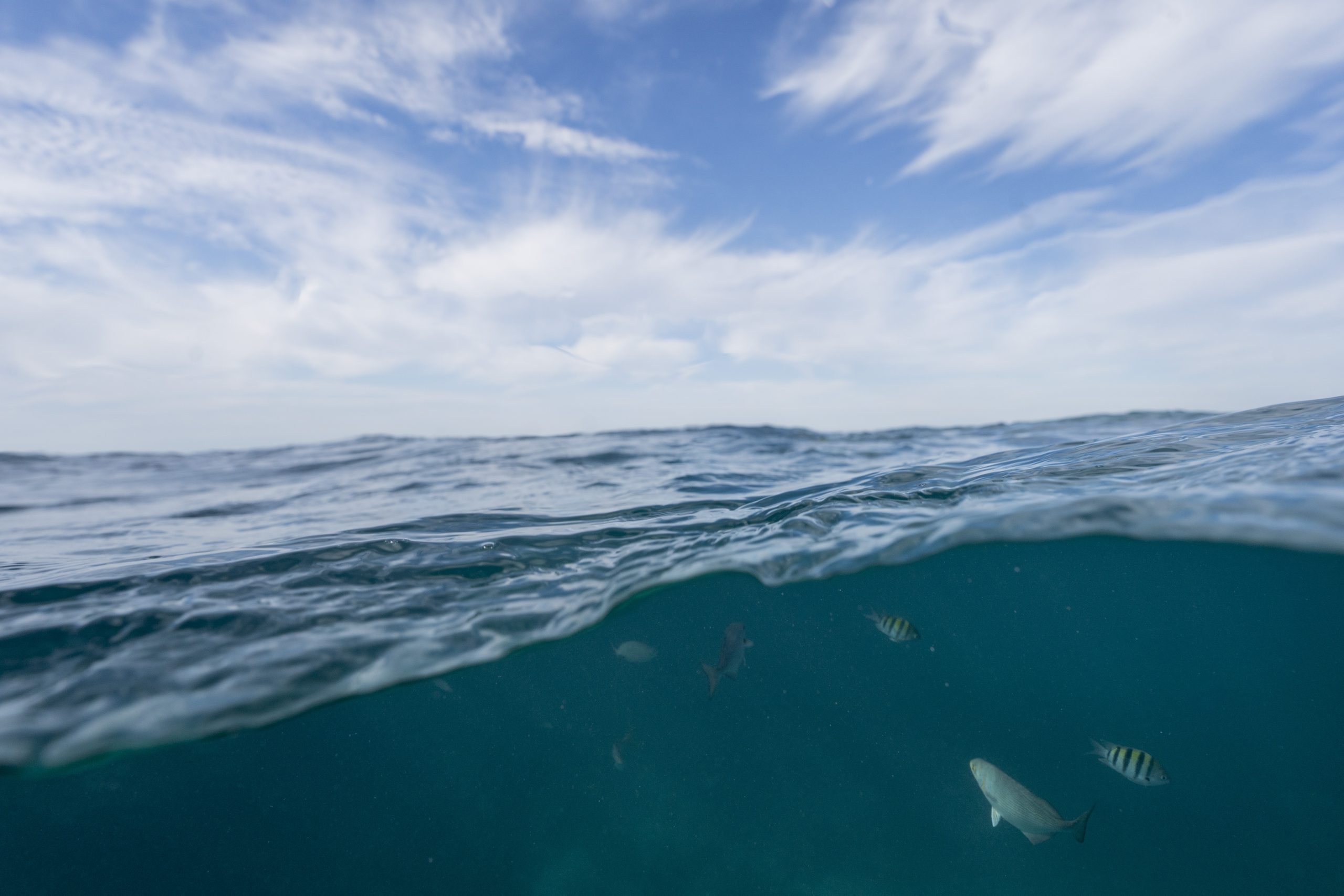Florida’s Coral Reefs Face Collapse After Record Heatwave
The devastating consequences of climate change are becoming increasingly apparent, and a recent study paints a grim picture for Florida’s coral reefs. Following a record-shattering heat wave in 2023, scientists have declared elkhorn and staghorn corals, once the cornerstones of the state’s marine ecosystem, as “functionally extinct.” This alarming finding, published in the journal
Science
, highlights the urgent need for action to protect these vital underwater habitats.
Vanishing Coral: A Dire Warning
The term “functionally extinct” signifies that these coral species are so scarce that they no longer fulfill their crucial roles in the ecosystem. Elkhorn and staghorn corals were once abundant, providing shelter for countless marine species and protecting coastlines from erosion. Their disappearance has cascading effects, impacting the entire food web and threatening the livelihoods of those who depend on healthy reefs.
The crisis began in July 2023 when South Florida’s waters experienced unprecedented temperatures. These extreme conditions triggered widespread coral bleaching, a phenomenon where corals expel the algae living in their tissues, causing them to turn white and become vulnerable to disease and death. The study reveals that the mortality rate among these corals was catastrophic, pushing them to the brink of extinction.
Ripple Effects and Future Implications
The loss of these corals has profound implications beyond the marine environment. Coral reefs are biodiversity hotspots, supporting a vast array of fish, invertebrates, and other organisms. Their decline threatens the delicate balance of the ecosystem and jeopardizes the many industries that rely on healthy reefs, including tourism, fishing, and recreation.
Furthermore, coral reefs act as natural barriers, protecting coastlines from storm surges and erosion. As these reefs disappear, coastal communities become increasingly vulnerable to the impacts of climate change. The functional extinction of elkhorn and staghorn corals serves as a stark reminder of the devastating consequences of inaction.
A Call to Action
The plight of Florida’s coral reefs demands immediate and decisive action. Reducing greenhouse gas emissions to mitigate climate change is crucial to prevent further coral bleaching events. In addition, efforts to restore damaged reefs through coral propagation and transplantation are essential to help these ecosystems recover. Investing in research to develop more resilient coral species and implementing stricter regulations to protect coral habitats from pollution and other threats are also vital steps. The time to act is now if we want to preserve these precious ecosystems for future generations.
Based on materials: Vox





